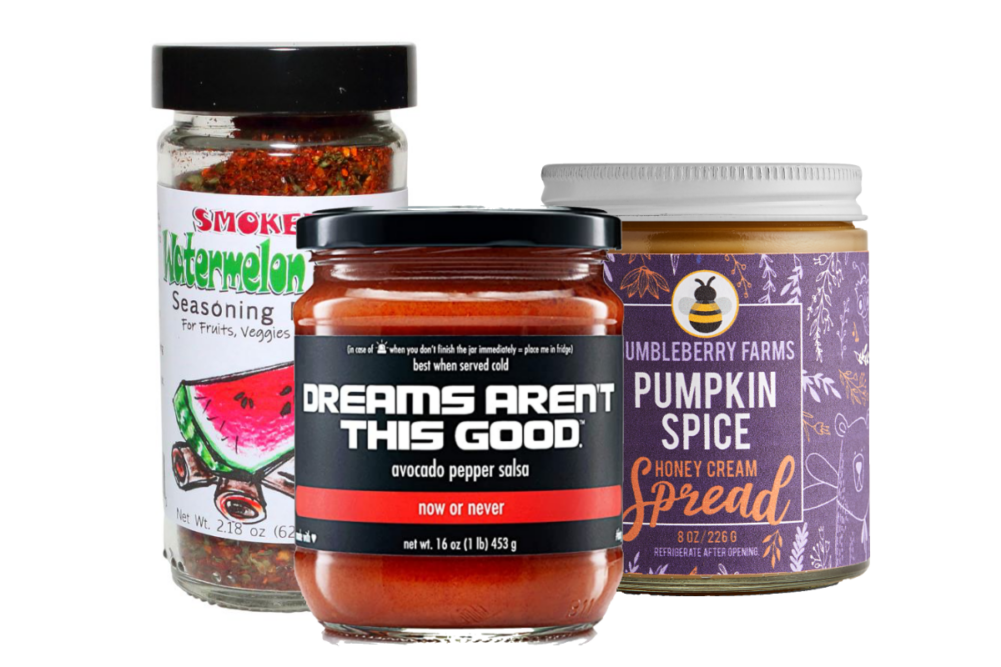CHICAGO – For many in the food and beverage industry, the Winter Fancy Food Show, which was held mid-January 2020 in San Francisco, was the last in-person exposition of the year. Less than two months later, the cancellation of Natural Products Expo West in response to the global coronavirus/COVID-19 pandemic introduced the world to online trade shows. This past week The Specialty Food Association (SFA) held Specialty Food Live! 2020, as a platform for those who had planned to participate in the Summer Fancy Food previously scheduled for late June in New York City.
The virtual marketplace featured more than 4,500 specialty foods and 13 education sessions scheduled over four days, along with an interactive forum for buyers and exhibitors to communicate.
“The SFA’s first virtual conference was full of interesting products,” said Melanie Bartelme, global food analyst, Mintel, Chicago. “My fellow trend spotters (SFA’s panel of industry analysts who seek patterns and predict shifts in food and beverage categories at the Fancy Food Shows) and I noticed some innovative new products, like Yolele’s new fonio chips and Bettye’s Seasoning Blends Smoked Watermelon Salt.
“But what stood out the most in my eyes was how relevant specialty products like simmer sauces, seasoning blends and other cooking tools have become in these times. With quarantine putting an increased focus on home cooking, products that can take consumers on culinary adventures or simplify their busy lives will really resonate.”
The online event also served as a stage for SFA’s sofi Awards winners to be honored. The association has been honoring creativity and great taste in specialty foods since 1972 with the sofi Awards. Products are judged on taste, including flavor, appearance, texture and aroma, ingredient quality and innovation. This year there were 148 winners selected by a panel of specialty food experts from nearly 2,000 entries across 39 product categories. Winners may be viewed here.
The virtual event kicked off with a state of the specialty food industry report. David Lockwood, consulting director at Mintel explained that the specialty food category is expected to grow more in 2020 than originally forecast — 16.5% vs. 13.3% — due to the pandemic. To compare, the category ended 2019 with a valuation of $158.4 billion, a 10.7% increase since 2017.
“It’s the year of essentials,” Mr. Lockwood said. “Their growth contributed to the overall growth of specialty food this year.”
The essentials segment includes an array of product categories, mainly from the center of the store. These are shelf-stable items with longevity, such as baking mixes, condiments and soups, which were selling off the shelves during surge buying. These are the same products that had been experiencing slow or declining sales in recent years.
“Soup, for example, has not been a very popular category, especially with younger consumers but in March alone it grew 125% year on year,” said David Browne, a market research retail and brand consultant.
The pandemic also helped grow plant-based foods and beverages, in particular dairy and meat alternatives. When traditional dairy or meat products were sold out, some consumers explored alternatives and then became regular users.
The two analysts identified four trends to expect in the “next normal.” They include health and wellness, culinary exploration, transparency and sustainability. The speakers explained that specialty food consumers’ ethical and economic awareness is shifting, with many seeking to better support women-owned and minority-owned businesses, as well as local and regional brands.
Consumers are committed to the environment, organics, plant-based and non-GMO, according to the analysts. Innovators are wise to develop products for target markets that speak to their needs, especially younger adults who are more in tune with their food values than any other previous generation. And, while innovation will continue, we can expect the pace to slow as retailers scale back on offerings to optimize stock-keeping units.
During a business development session, Shelley Balanko, senior vice president and head of business development, The Hartman Group, Bellevue, Wash., said Americans have made health a priority in this age of COVID-19. This is an opportunity for specialty food marketers of functional foods and beverages, especially those that make promises of boosting immunity and or supporting mental well-being.
“The economic strain that’s a ripple effect from the pandemic might upend some well-established routines and it will accelerate conscientiousness around waste and relevance as consumers can’t afford to buy products that aren’t useful and going to be consumed fully,” Ms. Balanko said. “Consumers have focused on immunity, such as the link between healthy digestion and reducing overall systemic inflammation in the body. They are thinking more about high-quality sleep and effective stress-management techniques.”
Food and beverages that are trending include those with immune-supporting ingredients, such as green tea, turmeric and vitamin C. Experimental consumers are exploring adaptogens, medicinal mushrooms and prebiotic fibers. Tea and other beverages with benefits, including low and no-alcohol adult offerings, also are experiencing upticks in activity. And, of course, indulgence and comfort foods always have a place in the kitchen.





